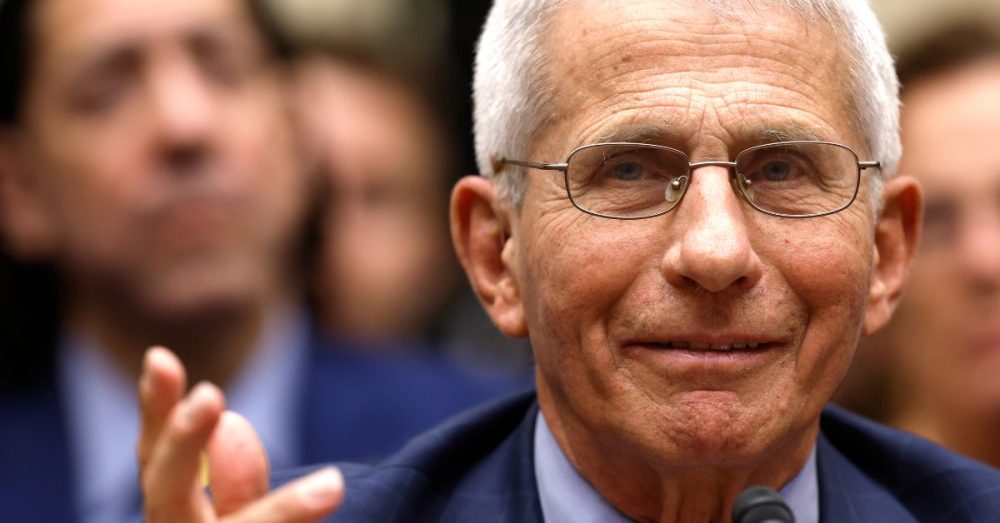In his final hours as President, Joe Biden issued preemptive pardons to several individuals, including Dr. Anthony Fauci, retired General Mark Milley and members of the House committee that investigated the January 6 Capitol attack, such as Liz Cheney and Adam Schiff.
These pardons are intended to shield these individuals from prosecution for any prior wrongdoing incoming administration. President Biden emphasized that the pardons do not suggest any wrongdoing by the recipients, the Associated Press reported.
10 days ago, Biden said he will only pardon individuals who committed crimes.
Today he pardoned Fauci, Milley, Cheney, EVERYONE on the J/6th Committee. pic.twitter.com/VsJfysYSDQ
— End Wokeness (@EndWokeness) January 20, 2025
Fauci and Milley both expressed gratitude for the pardons, acknowledging the protection it affords them against potential legal actions. This unprecedented use of preemptive pardons underscores the contentious political climate and the concerns about the use of prosecutorial powers for retribution.
President Donald Trump slammed his predecessor’s last-minute move as “disgraceful.”
“Many are guilty of MAJOR CRIMES!” Trump fumed to NBC News’ Kristen Welker, the New York Post reported.
The pardons cannot be reversed by the incoming administration, providing a safeguard for the recipients against federal charges. However, it’s important to note that these pardons do not protect against state-level prosecutions or civil lawsuits, several media outlets noted.
This action by President Biden has sparked discussions about the scope and implications of presidential pardon powers, especially when used preemptively to protect individuals from anticipated legal actions by a succeeding administration.
As the new administration takes office, the political and legal ramifications of these pardons will likely continue to be a topic of significant debate and analysis.


